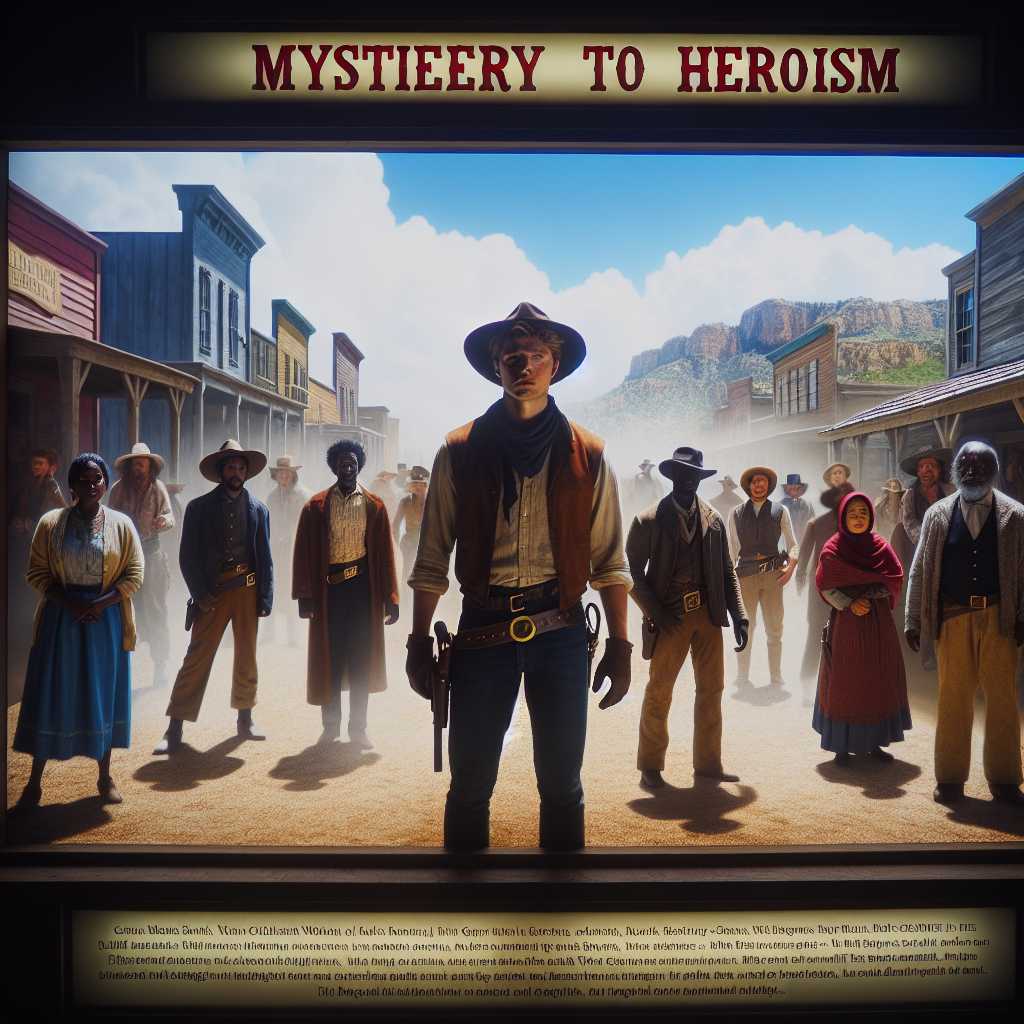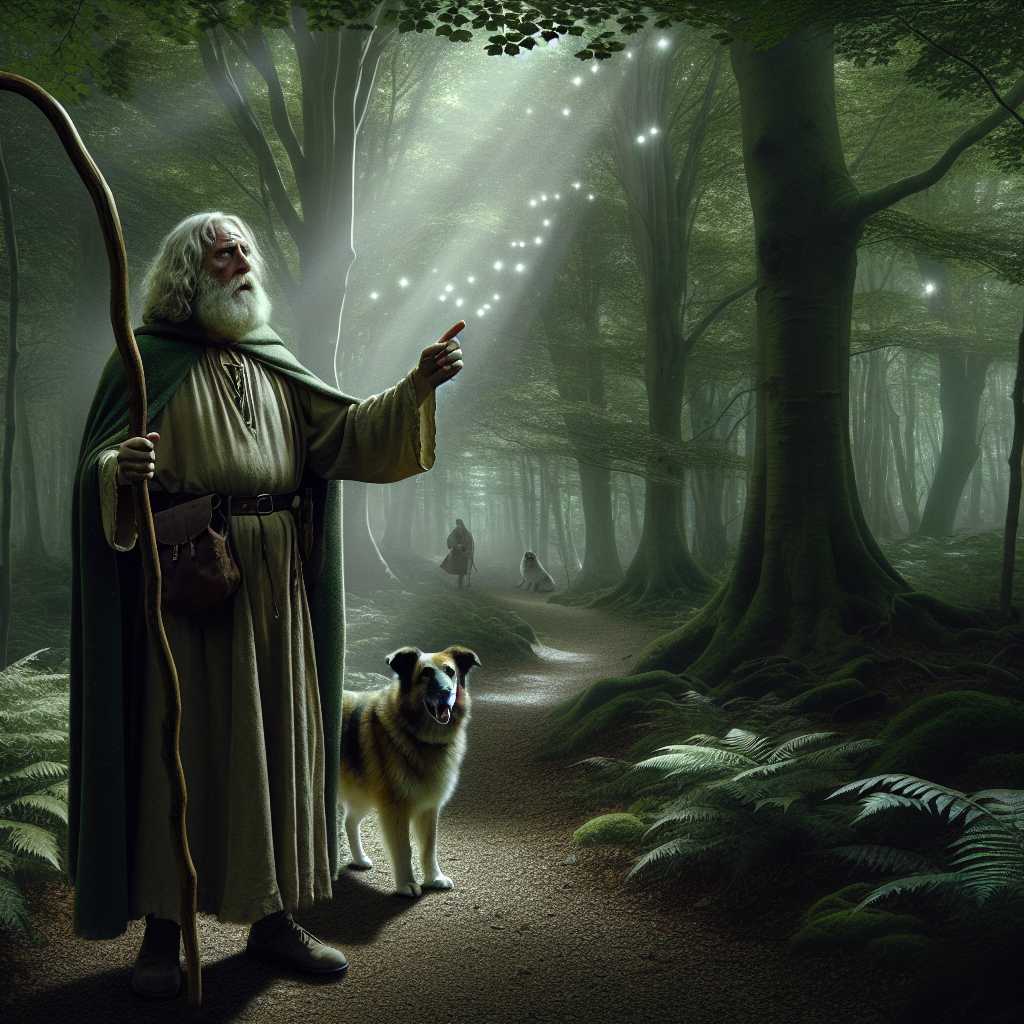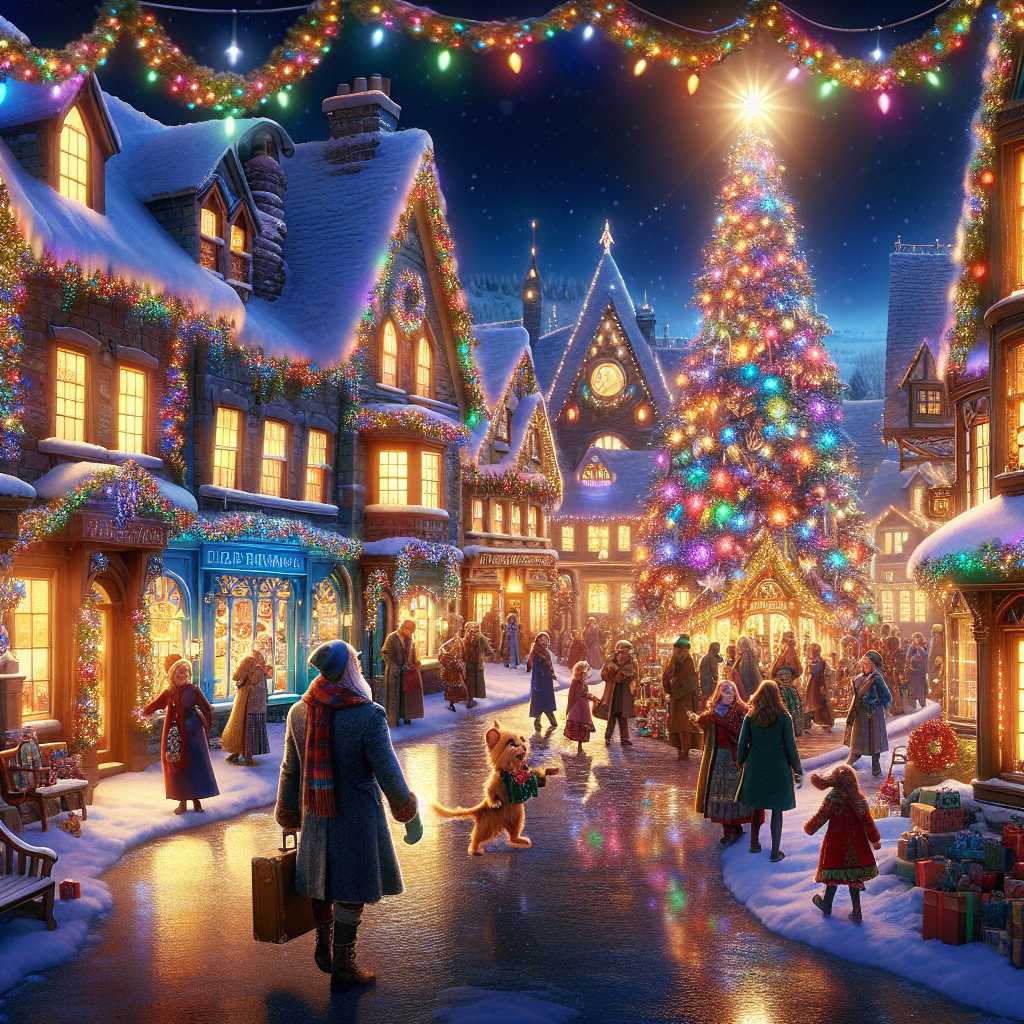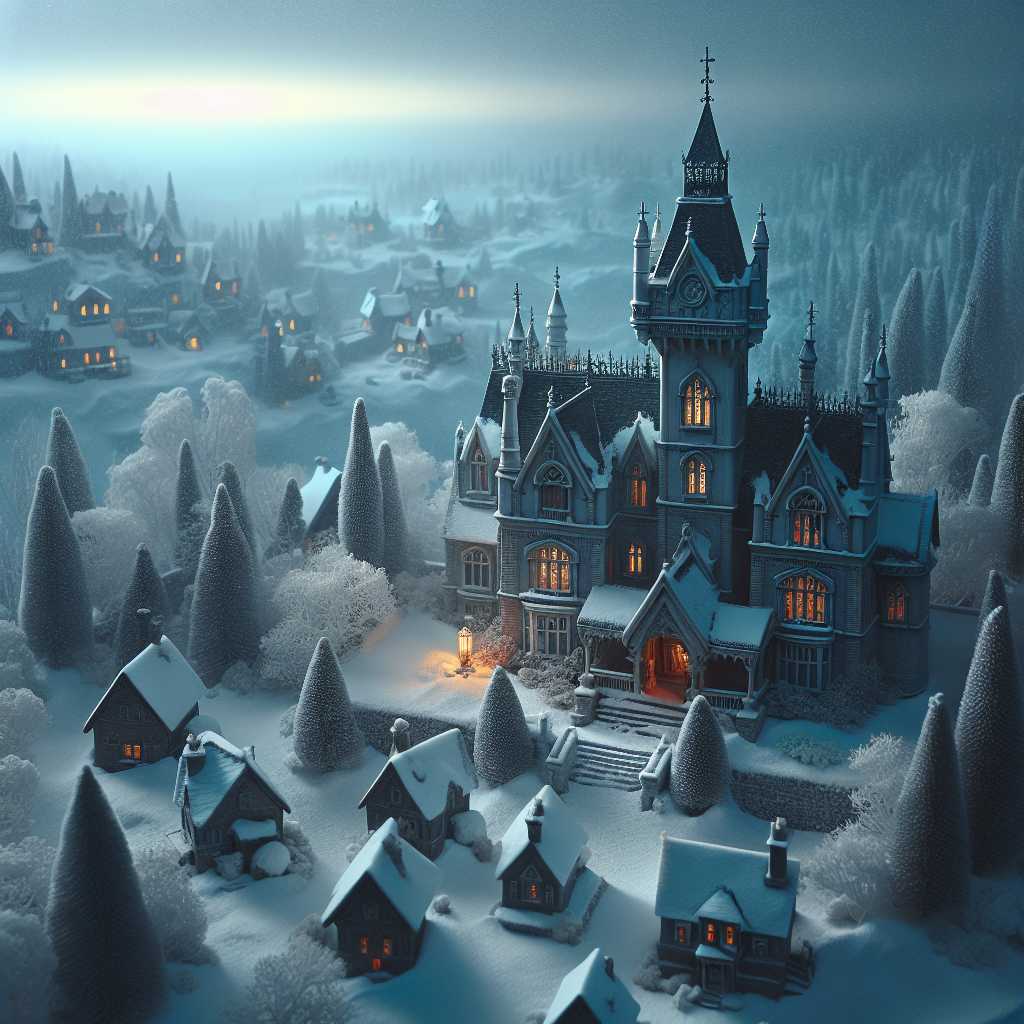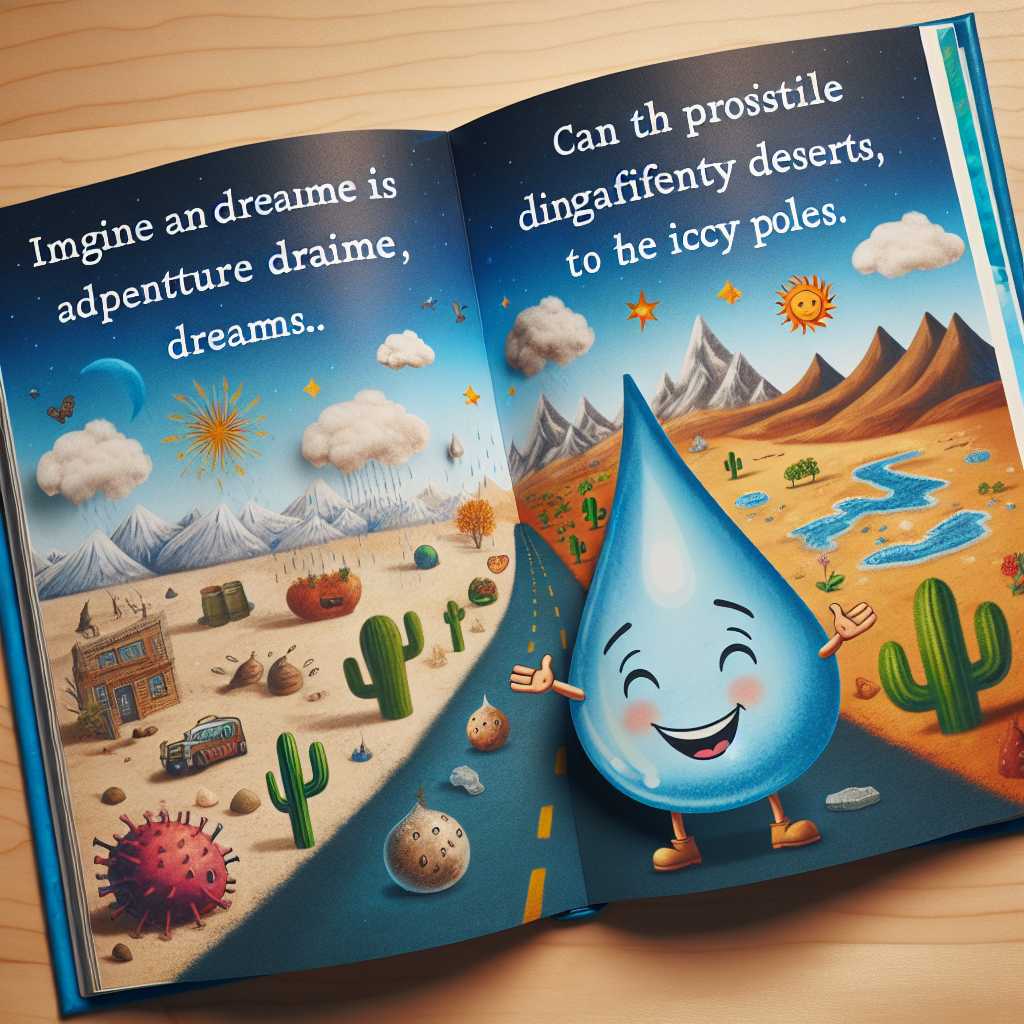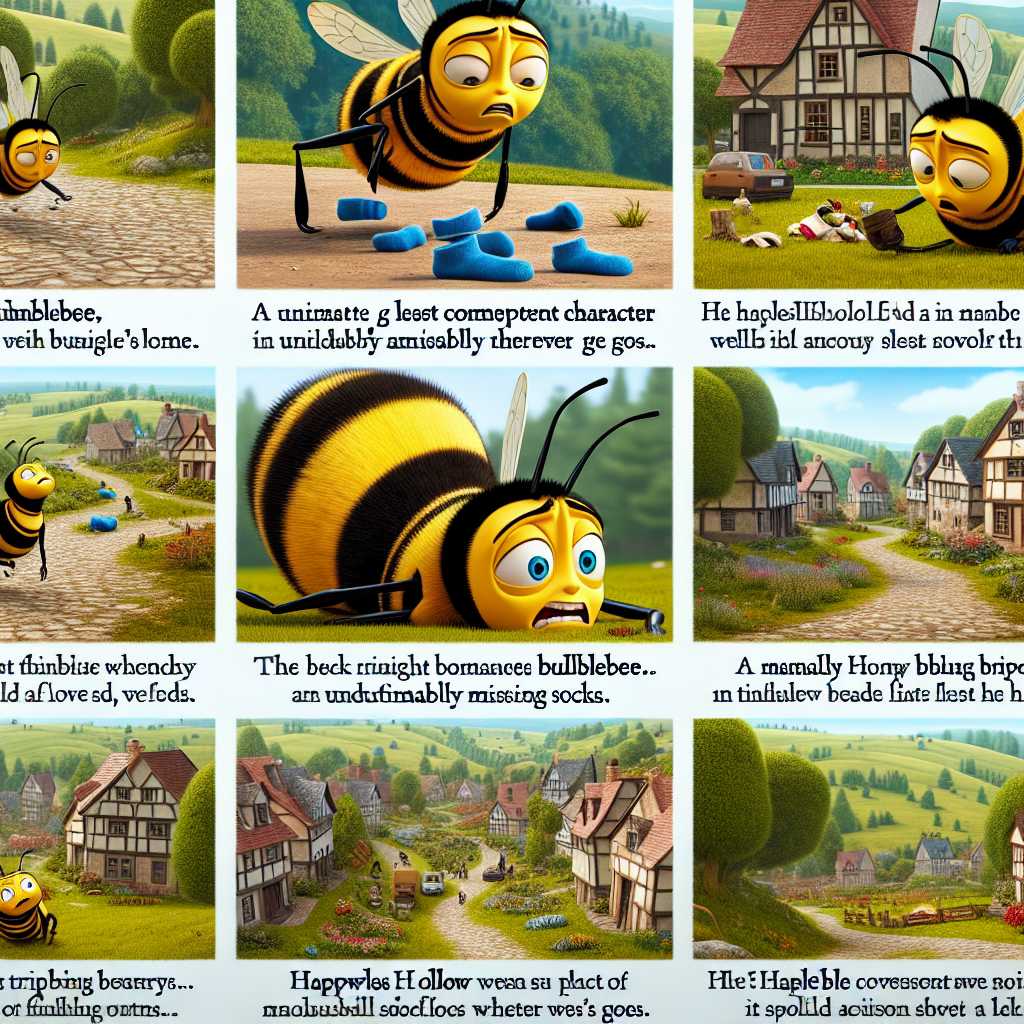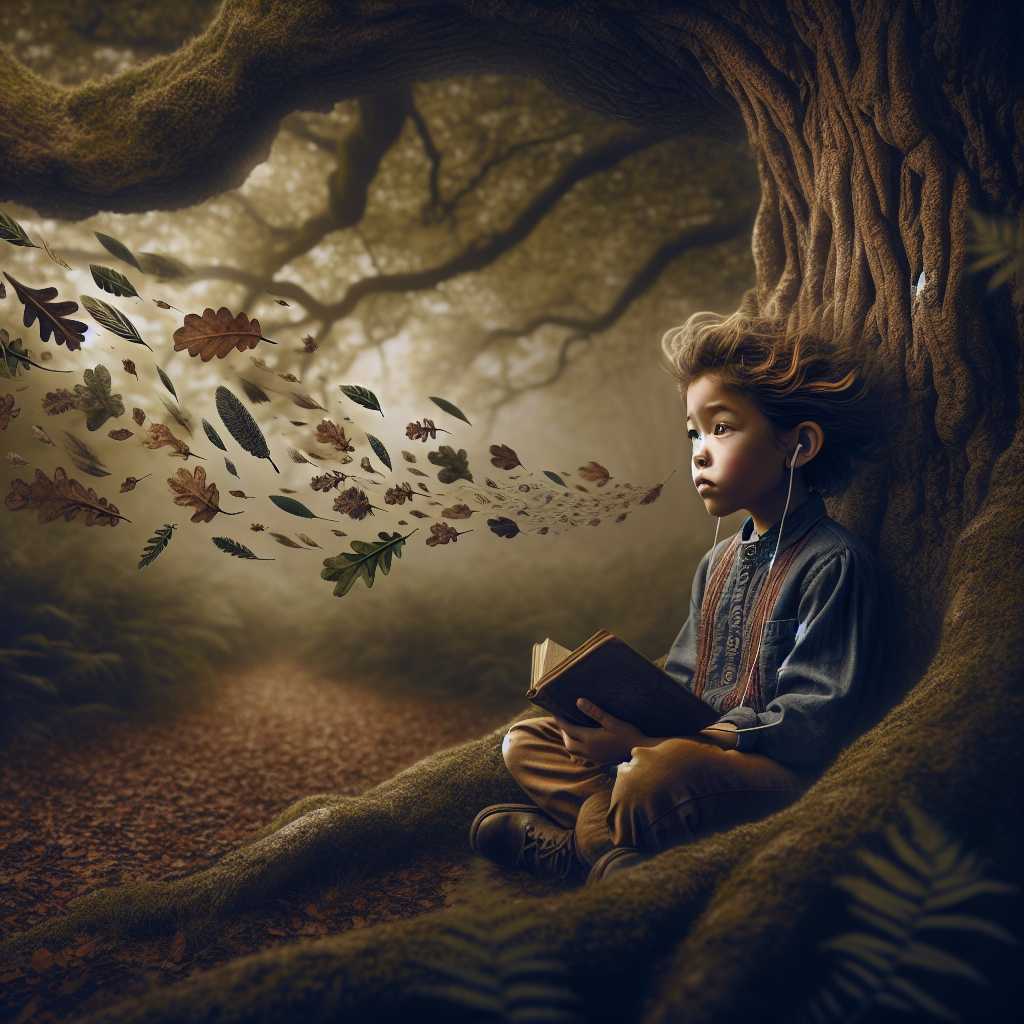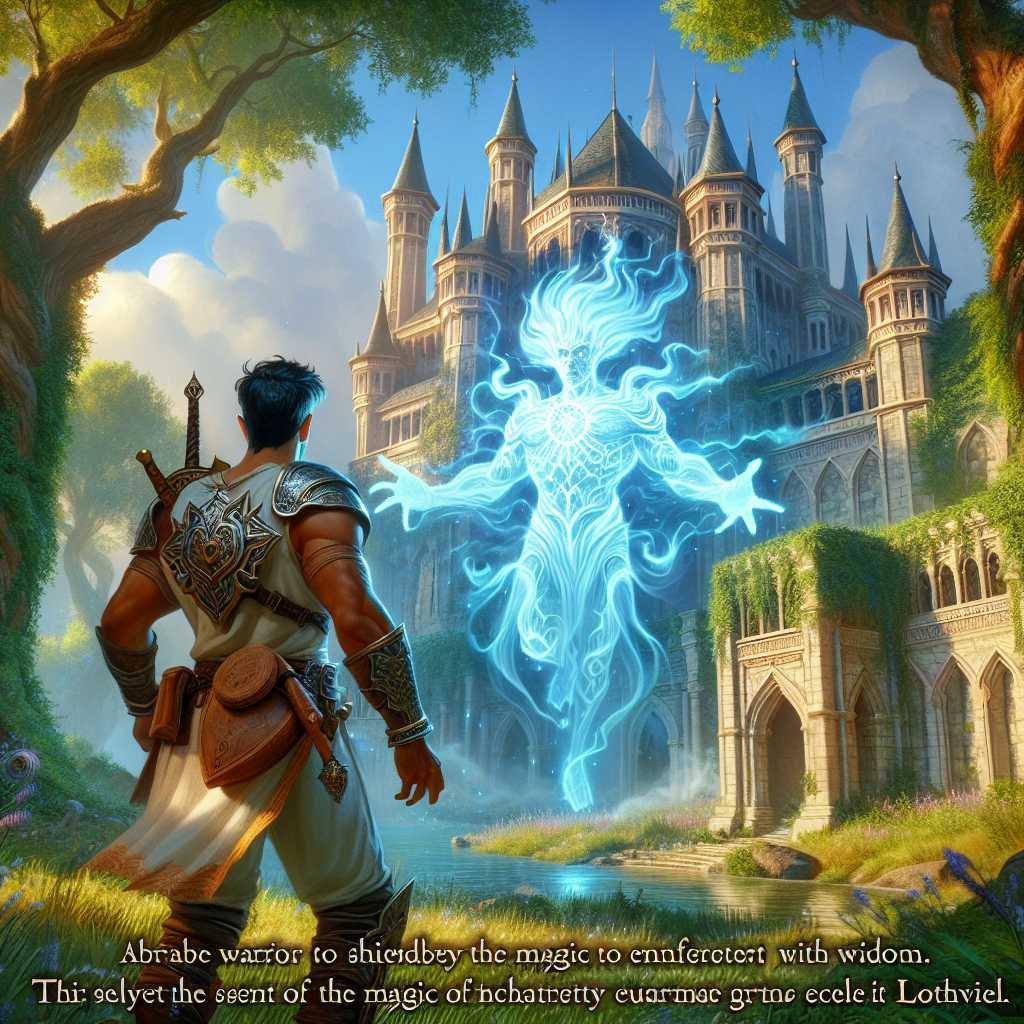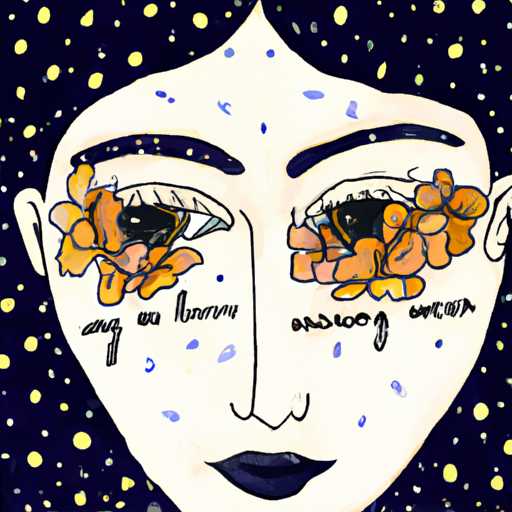
In a land covered with deep shades of greens and blues, isolated by daunting mountains, there was a modest village named Kertzfeld. It was a drowsy magnetic town with about fifty huts, a towering cathedral, and a bumbling river that twisted through like an azure serpent. Kertzfeld was known for its lively spirit, scrumptious food, and most prominently, for a girl named Rosanna.
Rosanna, a vivid embodiment of kindness, humility, and pristine beauty, was the heart of the village. With her flaming, crimson hair, sapphire blue eyes, and an infectious laughter that echoed through the valleys, she was widely adored. Not just her beauty, but her heart was the kinest. Yet, destiny had a bone to pick with her.
It had been five years since the dreadful Boren Plague had claimed Kertzfeld.
The Boren Plague was a calamity that had swept through the village, taking nearly half the population along as its trophy. It was a morose sight: happy, bustling huts turned into melancholy mausoleums. The surviving villagers bound by the shared affliction slowly picked up their pieces, but a gloom hung over Kertzfeld like a looming storm cloud. Amongst the survivors was Rosanna, but as they say, "Not everything that survives remains unscathed."
The plague had left her blind. The strikingly beautiful eyes no longer held the sparkling vivacity. Now they reflected a somber abyss, an unsettling silence that replaced the infectious laughter.
"So it is... A lily cannot choose the garden it blooms in, and a river cannot pick the rocks that shape its course."
Rosanna's mother often murmured. It was her way of acknowledging the cruel twist fate had served her daughter. Despite the tragedy, Rosanna never let her spirit falter. She learned to cherish the world in its absence, and her lack of sight didn't become a lack of vision.
People often found her by the banks of Sergeant River with her innocent laughter dancing in the air. She'd sit there for hours, her fingers gently grazing the surface of the water, telling stories the waves whispered to her. There was a melancholic gentility about her, an alluring amalgamation of tragic mystery and mesmerizing resilience that became a torch igniting Kertzfeld's spirit.
However, as resilient as she was, there were moments of desolation that made the darkness seem more oppressive. Especially during the floral springs, when Kertzfeld was a riot of color. It was her favorite season, but now, all she could do was imagine. Imagine the hues, the vibrancy—the beauty she could no longer see.
"What is the world like now, Mama?"
She would often ask, and each time her mother would describe the world outside, painting detailed pictures in her mind.
"And the butlerflies?"
Rosanna would insist, knowing how her mother painted metaphoric images with words.
"Like flying poetry, my dear. Kaleidoscopes that waltz in the air."
Despite the descriptive images her mother painted, she longed to see the world herself, the world she had lost to darkness.
No story is just ecstasy or just doleful; it's often a chaotic blend of both. As the Kertzfeld rebuilt itself, life bloomed in Rosanna in a different way. The sweet girl fell in love with a humble boy from the village. Love became her new muse, a relief, a beacon of light in her darkness. The boy loved her too, unconditionally, providing solace and comforting assurance. Their love was beautifully simple yet extraordinary, an epitome of enduring affection.
But fate had a ghastly sense of humor. The boy fell ill, diagnosed with the same plague that had once latched onto the village. This time, it claimed him.
Her soul seared, and her heart shattered into tiny shards, too small to mend. The brave spirit finally crumbled. She plunged into an oppressive darkness, a void that was too daunting to be filled. Rosanna turned into a living effigy of sorrow.
The cheerful laughter that once echoed through the valleys of Kertzfeld, replaced by stifling silence. The vivacious fiery-haired girl faded into a forgotten smear in the canvas that was once her life.
Now, when people talk about Rosanna, they do so in hushed whispers, as if afraid to disturb the sleep of something too lonesome. Her story—her presence now mingled with the wind, seeped into the soil and flowing with the River Sergeant—became a part of Kertzfeld, the beating heart that once was, now, a melancholic whisper forever reverberating in the silence.
"But we must remember, not all hearts that are full, beat."
And so, the tale of Rosanna, the unbroken lily of Kertzfeld, endures.



